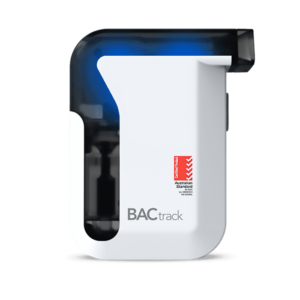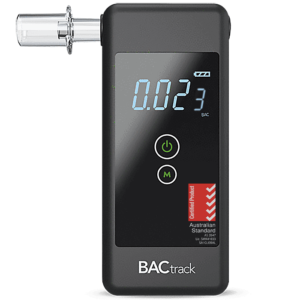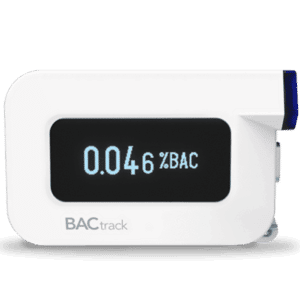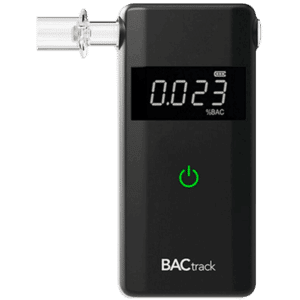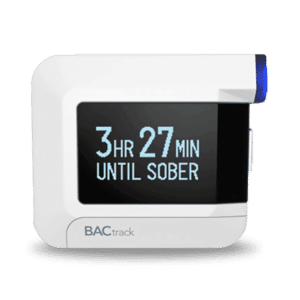Field Breathalyzer Test: Everything You Should Know
05 December, 2023
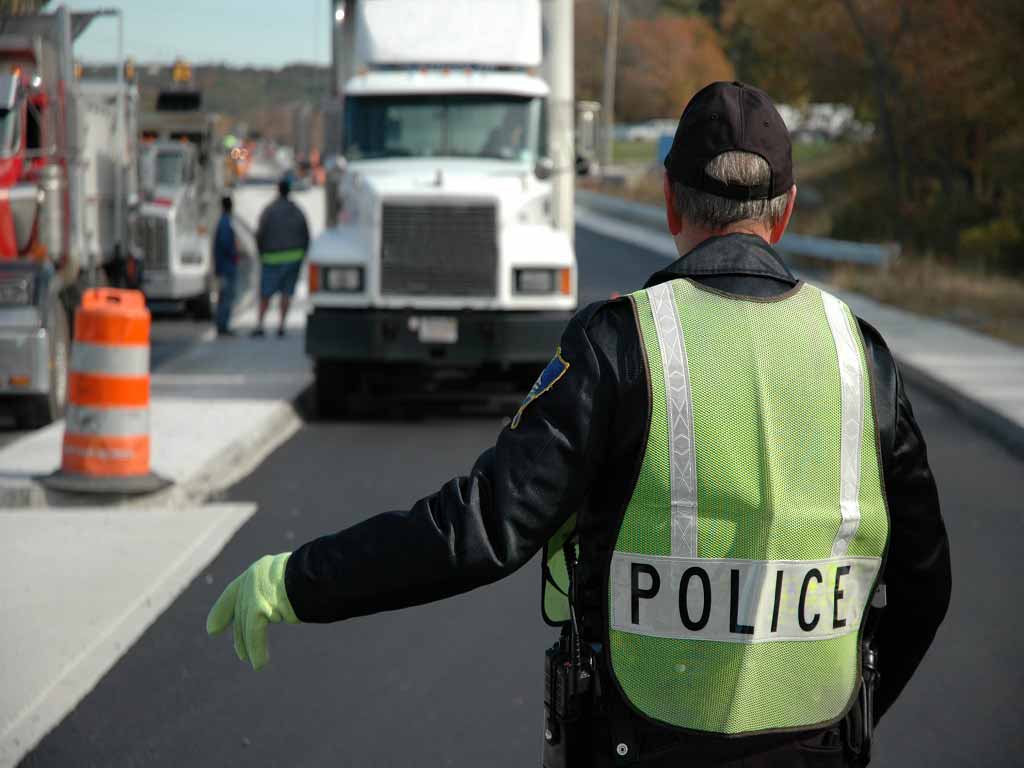
A field breathalyzer test is a procedure conducted by a police officer to measure the Blood Alcohol Content (BAC) of a driver. This test is non-invasive and simple to administer, providing immediate results. The officer will ask the driver to exhale into the mouthpiece and then wait for the device to display the BAC level. This test is an important tool to determine if a driver is under the influence of alcohol while operating a vehicle.
Road crashes have significant impacts on individuals, their families, and the nation. Drink driving is a contributing factor to road crashes and injuries. It occurs when a person operates a vehicle under the influence of alcohol. Therefore, police officers play a crucial role in preventing and addressing it by conducting roadside breath tests. This article will provide an overview of a field breath test, including its benefits and the procedures involved.
What Is a Field Breathalyzer Test?
A field breathalyzer test is a procedure administered by a law enforcement officer to measure the BAC of the driver. It is an important tool to determine if a driver is under the influence of alcohol while operating a vehicle. This test is usually conducted during a routine traffic stop or at a sobriety checkpoint.
A breathalyzer is an electronic device that measures the amount of alcohol in the exhaled breath. When a person has consumed alcohol, small portions enter the bloodstream and reach the lungs. The device measures the BAC based on the breath alcohol-to-blood alcohol ratio (2,100:1). Thus, it provides an accurate estimation of a BAC.
Possible penalties for failing a field breath test may include license suspension, fines, ignition interlock device installation, or jail time. These legal penalties are intended to deter individuals from driving under the influence (DUI) and to hold them accountable. Therefore, it is important to be aware of the legal limits of BAC, which vary by state.
A Brief History
- In 1954, Dr. Robert Borkenstein, a police officer and chemist, invented the first breathalyzer machine.
- In the 1970s, police officers widely adopted breathalyzers to determine alcohol consumption and enforce laws related to drink driving.
- The breathalyzer test revolutionised legal procedures. It provided a more efficient and accurate method for assessing the level of intoxication, particularly in addressing alcohol-related offences.
- Over the years, advancements in technology have led to the development of more accurate and portable machines. This progress has made it easier for law enforcement officials to conduct on-the-spot tests.
- Roadside breathalyzer tests have since become a standard tool in the fight against alcohol-impaired driving.
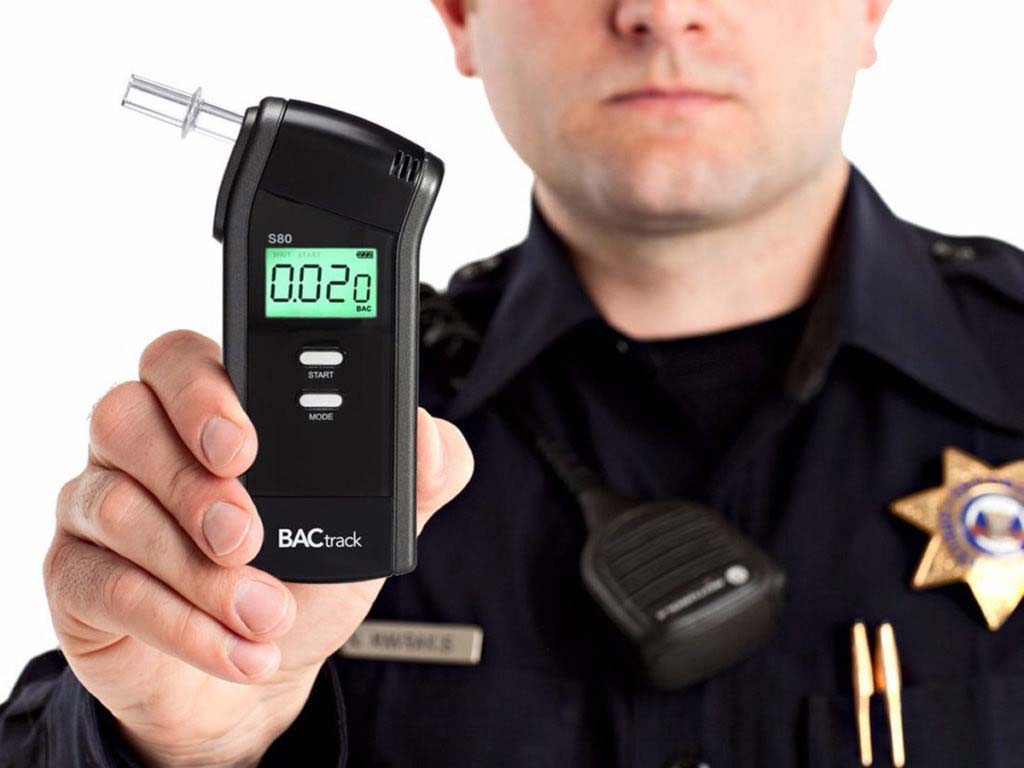
Benefits of the Field Breathalyzer Test
The field breathalyzer test offers several advantages over other types of tests for alcohol intoxication. Firstly, unlike hair and blood tests, the breathalyzer test can provide immediate results. This is crucial in scenarios where quick action is necessary to ensure public safety. Secondly, the breathalyzer test is non-invasive and simple to administer, making it more practical for use in roadside breath testing.
Thirdly, it is convenient. With the availability of portable breath test devices, officers can easily carry out alcohol intoxication screenings. This eliminates the need to transport individuals to a police station for such assessments. It saves time and resources for both the police and the individuals undergoing testing.
Lastly, the use of breathalyzer tests as a screening tool can serve as a deterrent for potential drunk drivers. The knowledge that police officers have of these devices may discourage people from driving while intoxicated (DWI). This helps to promote responsible behaviour and contributes to the overall safety of the community.
Are There Drawbacks?
While breath tests are generally considered reliable, several factors can impact their accuracy. Improper operation or usage of the device can result in inaccurate readings. Not waiting at least 20 minutes after eating or drinking may elevate BAC readings. This is due to the presence of mouth alcohol, which can artificially inflate the results.
Other factors that can impact the BAC results include body temperature, metabolism, interactions with prescription medications, and certain medical conditions. Knowing these factors can help avoid mistakes. Thus, accuracy is critical, especially in roadside tests as they are considered legal evidence.
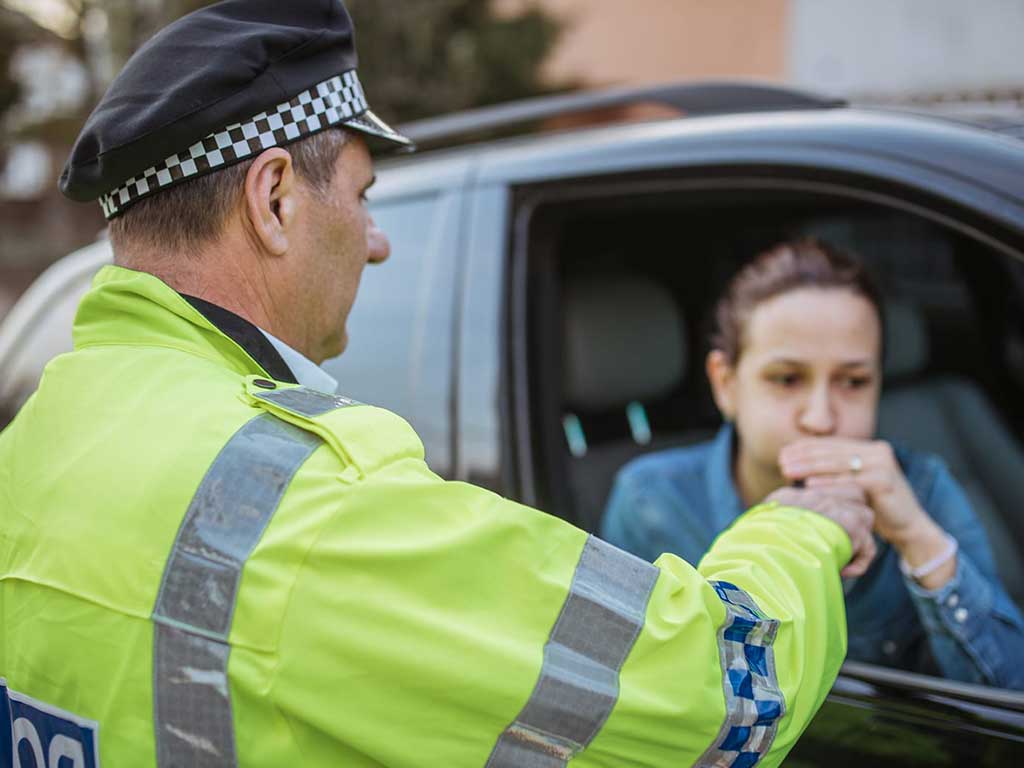
Steps Involved in Administering a Field Breathalyzer Test
Administering a field breathalyzer test involves several simple steps. Firstly, the officer will ask the driver to exhale into the mouthpiece of the breathalyzer device. The driver should exhale steadily and continuously for a few seconds to give an adequate breath sample. The officer will then wait for the device to display the BAC level, which usually only takes a few seconds.
Secondly, the police officer records the BAC level. This record will be used as evidence if the individual is suspected of DUI. Therefore, it is important for the officer to accurately record and document the BAC level. This ensures that the test result can be used in legal proceedings if necessary.
Finally, the law enforcement officer will explain the results of the test to the individual. If the BAC level is above the legal limit, the driver may be subject to arrest and further testing. If the BAC level is below the legal limit, the individual may be free to go. The officer will also inform the person of their rights and what to expect next based on the test results.
Are You Able to Refuse the Test?
In most places, people have the right to refuse a roadside breath test. However, there may be consequences for refusing the test, such as having their license suspended or facing other penalties. It is important to note that each state or jurisdiction may have different laws regarding the refusal.
Furthermore, the officer may use other signs of alcohol impairment. This can lead to a DUI arrest. However, a defence lawyer may be able to challenge the results in court. Therefore, individuals need to understand their legal rights and options when it comes to refusing a breath test and facing alcohol-related offences.
Conclusion
The field breathalyzer test is a swift and effective method that police officers use to detect alcohol intoxication in drivers. Its immediate results, non-invasive nature, and portability make it a practical choice for roadside screenings. Additionally, its presence acts as a deterrent, encouraging responsible behaviour and enhancing community safety. Failing the test may lead to serious consequences. These include include license suspension, fines, ignition interlock device installation, or jail time.
In administering a field breath test, the officer asks the driver to exhale into the device and records the BAC level as crucial evidence. Subsequently, the officer explains the results to the individual. If the BAC is over the limit, an arrest may follow. While individuals can refuse the test, consequences vary by jurisdiction. Refusal may lead to license suspension or other penalties. Different signs of impairment can still lead to DUI arrest, but legal challenges are possible.


















